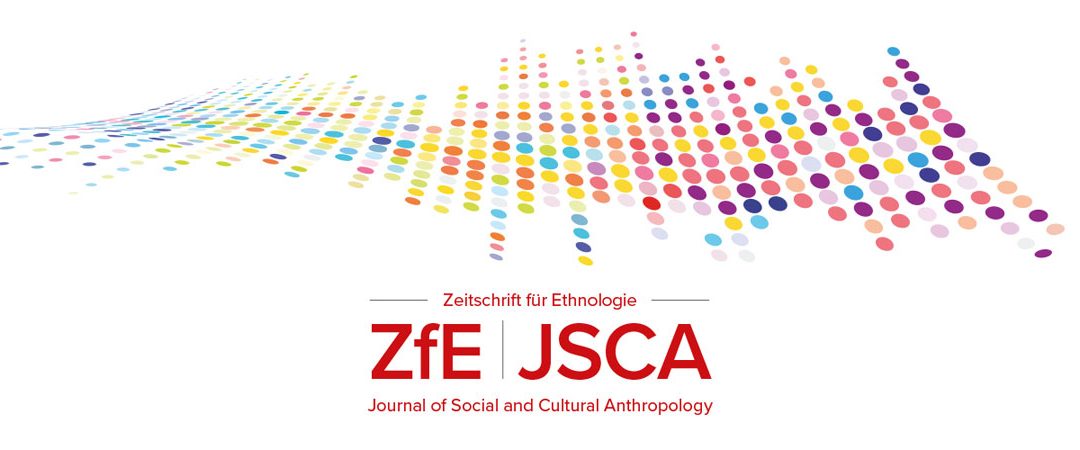
Info meeting about NFDI on 25.4. 10a.m.
Dear all,
GASCA and DGEKW invite everyone interested to a digital talk with consortia of the National Research Data Infrastructure Germany (NFDI), Thursday, 25 April from 10 to 12a.m.
This is the second meeting of its kind. The first one took place in June last year. A lot has happened in the meantime and new consortia have been added. Hence, the following questions become relevant:
- What is the actual state of the consortia Text+, KonsortSWD und NFDI4Culture?
- What experiences have been made and what kind of services have been developed for Social and Cultural Anthropology?
- What are the new consortia NFDI4Memory und NFDI4Objects?
- And what potentials do they have for our disciplines?
The NFDI aims to network existing digital infrastructures and data collections, establish sustainable research data management and further develop services for handling research data and research data archiving. To this end, so-called consortia are promoted in the competition procedure, which are organised primarily along the lines of subjects or subject groups. In this sense, the work of NFDI consortia with close professional ties – some of which were already supported by the DGEKW and GASCA in the application phase with letters of support – and the processes and standards negotiated there are relevant for our disciplines:
| NFDI4Memory | – | History |
| NFDI4Objects | – | for material remains of humankind |
| KonsortSWD | – | Data for social, educational and behavioural sciences Economic sciences like Qualidata Network |
| NFDI4Culture | – | Data of material and immaterial cultural goods |
| Text+ | – | text and language based research data Evaluation of the data collection of an underdescribed African language |
With ethnographic and qualitative, but also historical materials, our disciplines can contribute special features and a diverse spectrum of data to the work of the consortia. At the same time, we have specific needs that we should articulate in the process so that they are taken into account.
With this event, we would like to promote further exchange with the consortia and the mutual level of knowledge as well as improve networking. We asked the consortia to provide insights into their focus, objectives and concrete work and to report on their experiences. The focus is then on questions and a joint discussion on how and in what forms and formats exchange and cooperation can be organised in the future.

